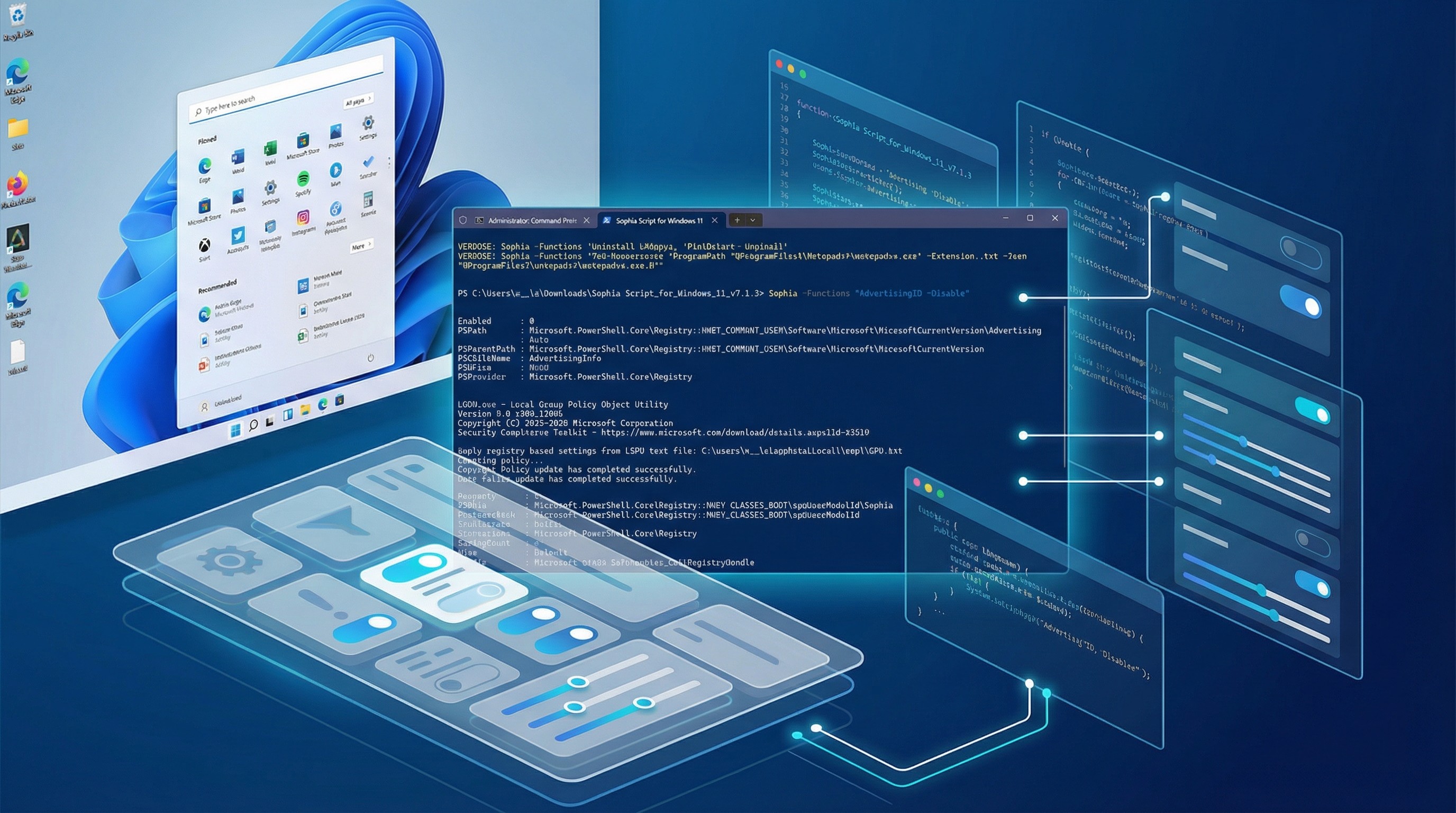Here's why Microsoft made a $19.7 billion bet on AI giant Nuance
There's a lot to consider with Microsoft's expensive Nuance deal.
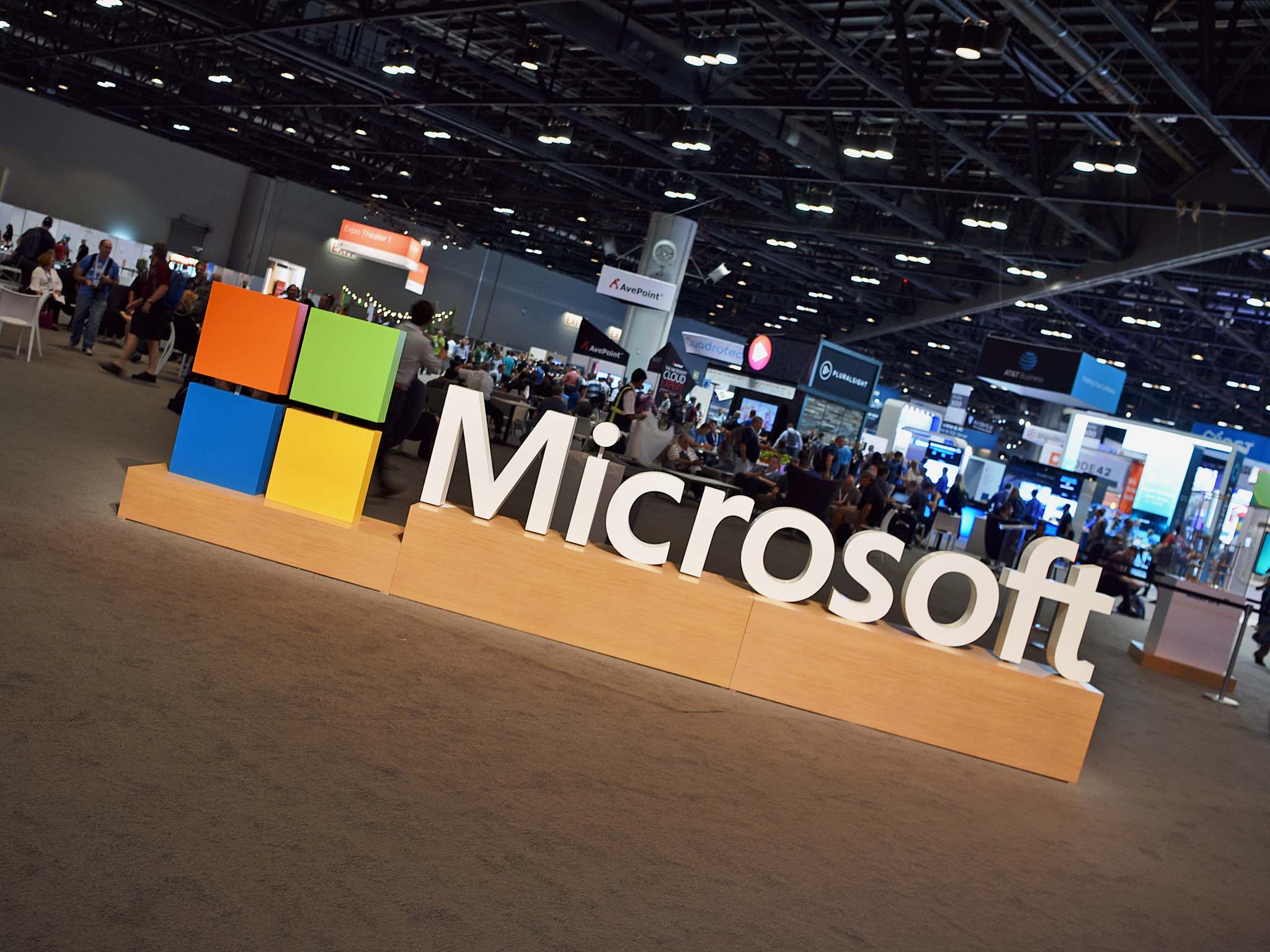
All the latest news, reviews, and guides for Windows and Xbox diehards.
You are now subscribed
Your newsletter sign-up was successful
On April 12, 2021, Microsoft announced it entered into an agreement to buy Nuance Communications, Inc., a company specializing in speech technology and AI. Microsoft is paying $19.7 billion to claim Nuance as its own. It's estimated that a small portion of that overall figure — a little over $3 billion of it — covers the cost of Nuance's debts, with the rest (around $16 billion) representing the value of the deal itself.
Though this isn't Microsoft's most expensive acquisition, falling well short of beating out deals such as the tech giant's purchase of LinkedIn for $26.2 billion back in 2016, it's still a noteworthy event for the company. Nuance is known for selling the popular Dragon speech-recognition software as well as helping make Apple's Siri possible. Given that resume, Nuance seems like a natural fit for Microsoft's tech ambitions.
Still, $19.7 billion is quite the investment. Why might Microsoft be so keen on Nuance? Windows Central reached out to industry experts to get their takes on the deal. Here's what they had to say.
Microsoft's Nuance deal: Betting big on healthcare
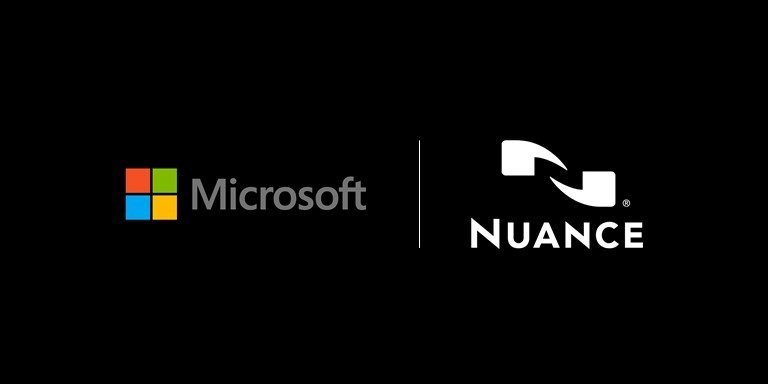
"The healthcare industry is primed for digital transformation. All of the digital giants have healthcare initiatives. This acquisition moves MS forward in that effort," said Gartner analyst Gregg Pessin when asked about the timing of the deal. "It provides access to Nuance's well-established healthcare client base — think EHRs with digital transcription capabilities."
Nicholas McQuire, the chief of enterprise research at CCS Insight, offered an alternate perspective on the question of Microsoft's timing. For him, the timing of the pandemic has a lot to do with Microsoft's decision to drop the big bucks on Nuance.
"I think the pandemic has accelerated the timing of the opportunity for Microsoft, particularly in the areas of cloud migration, data transformation, and AI adoption in healthcare, and Nuance was clearly one of the long-standing gorillas in healthcare AI, despite the changes it has made to its business in recent years," McQuire said. "Couple this with moves we are seeing competitively, such as Google Cloud's AI-centric approach as part of its industry strategy, and I think Microsoft felt it had to move quickly to bring Nuance's assets in-house for these reasons."
Microsoft's Nuance deal: Healthcare and beyond
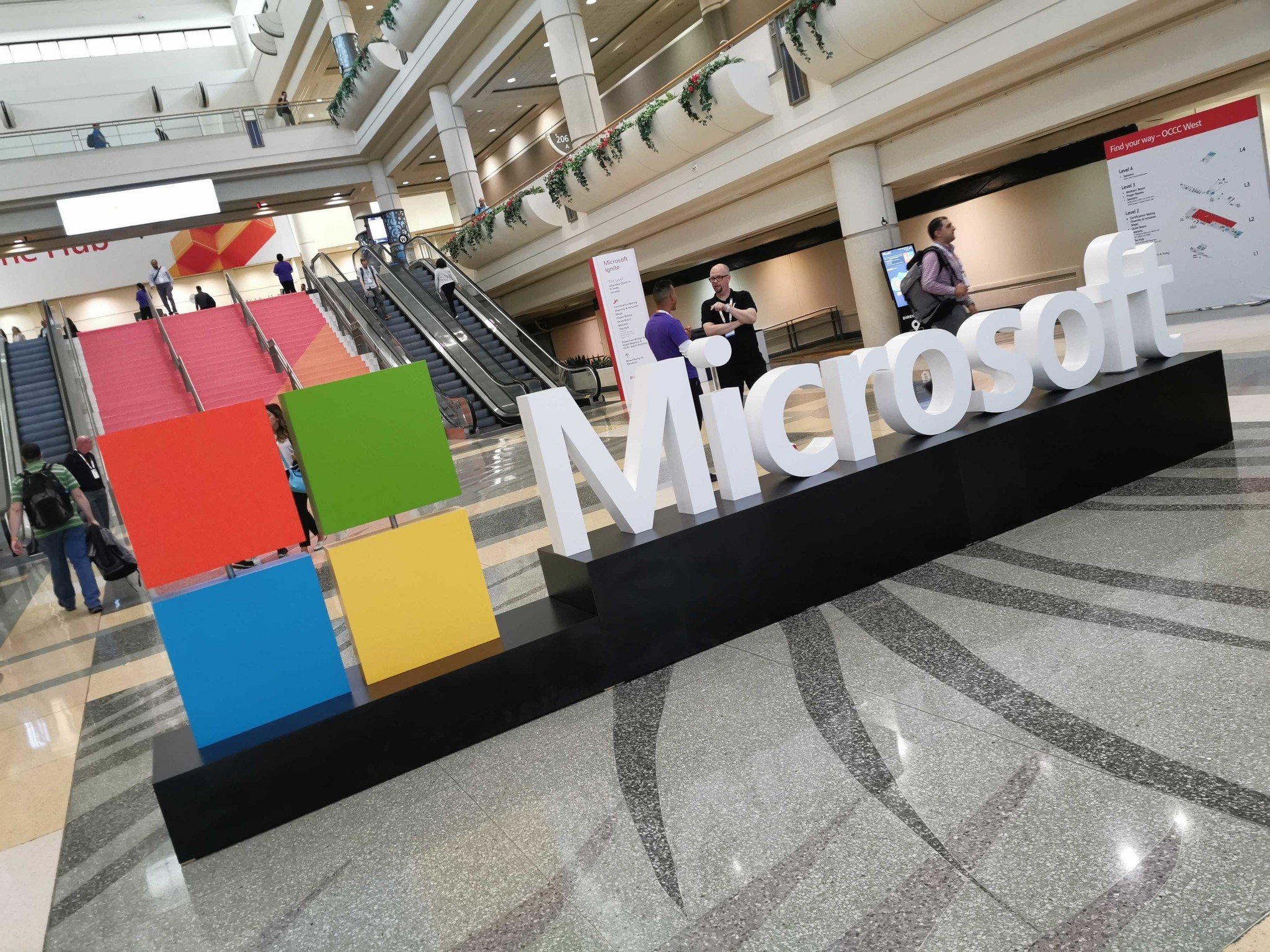
There are also angles to the deal that might not be immediately apparent. "I think there is a lot of value in the underlying AI technology that enables Nuance's products to achieve the high NLP accuracy level for medical terminology transcription," Pessin said. "That should be leverageable against many other verticals with similar complex technical terms in daily use (think legal as an example)."
All the latest news, reviews, and guides for Windows and Xbox diehards.
McQuire focused in on pressure Microsoft faces from other tech giants in the cloud space, which is replete with solutions from Google Cloud and Amazon Web Services.
"The angle that tends to get overlooked is the competitive pressures from Google Cloud, AWS, and IBM, who all have big investments in vertical solutions, especially those based on AI," McQuire said. "What Microsoft is saying is they are going to lead on healthcare, whereas Google is focusing on retail and bringing its search, ads, maps, and other B2C assets to bear for this, and AWS' recently doubled down on industrial manufacturing, for example. It's early in this industry battleground among the clouds, but it's going to be a big race over the next few years."
Microsoft's Nuance deal: The big picture
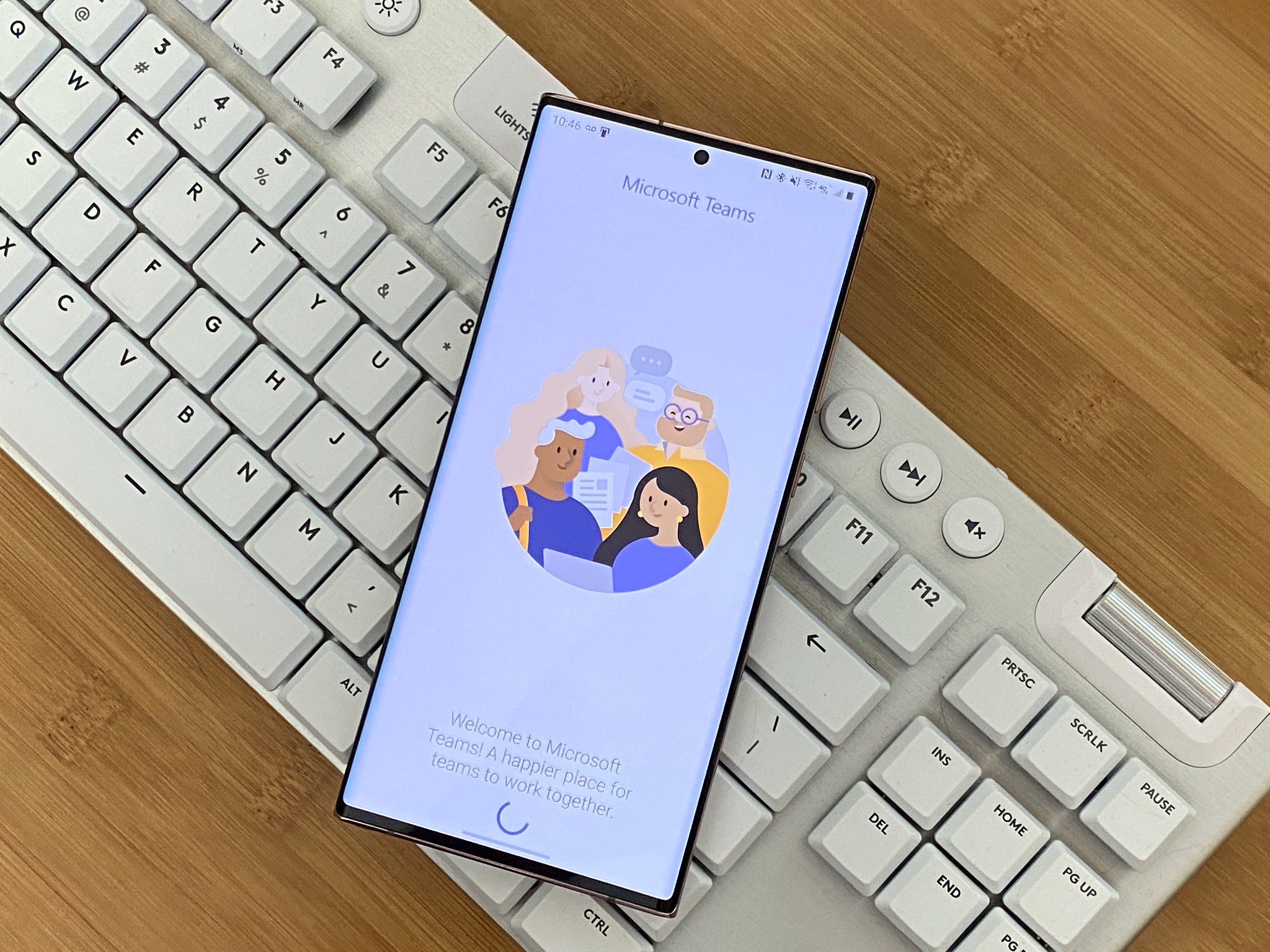
As for predictions regarding Microsoft's big-picture goal with the acquisition of Nuance, both Pessin and McQuire saw a variety of benefits to the deal.
"I can see Microsoft using this kind of NLP technology across many of their products, including Office and Teams, perhaps even a follow-up to Cortana," Pessin posited.
McQuire's take was a bit different: "The long game is acquiring health data and making Azure fit for purpose for the health industry. It is also having a set of proprietary AI solutions and algorithms for a range of healthcare needs that will differentiate Microsoft in the long run. I expect we will see a similar strategy unfold in other verticals such as finance, for example."

Robert Carnevale was formerly a News Editor for Windows Central. He's a big fan of Kinect (it lives on in his heart), Sonic the Hedgehog, and the legendary intersection of those two titans, Sonic Free Riders. He is the author of Cold War 2395.
